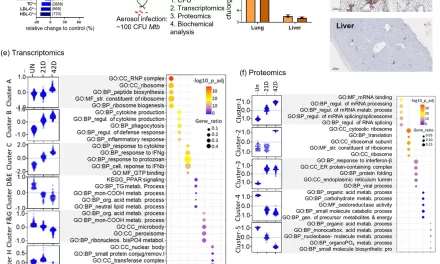A recent study published in Nature Medicine has shed light on a potential downside of excess niacin consumption, revealing a correlation between elevated levels of a niacin breakdown product and an increased risk of cardiovascular events such as heart attack and stroke.
Niacin, also known as vitamin B3, is a vital nutrient for maintaining a healthy nervous system, and its deficiency can lead to conditions like pellagra. To combat this deficiency, the food industry in the United States has long fortified bread, flour, and corn products with niacin, resulting in the virtual eradication of pellagra across the country.
However, the new study suggests that while preventing deficiency is crucial, excessive niacin intake may pose risks to cardiovascular health. Researchers identified a metabolic byproduct of niacin called 4PY, which emerged as a potential marker for cardiovascular risk during their investigation into why some individuals, despite receiving treatment for diabetes and high cholesterol, still experience cardiovascular events.
Participants with the highest levels of 4PY in their blood exhibited a twofold increase in the risk of major adverse cardiovascular events compared to those with lower levels. Dr. Stanley Hazen, chair of cardiovascular and metabolic sciences at Cleveland Clinic’s Lerner Research Institute, emphasized that approximately one in four individuals in their cohorts had elevated 4PY levels, putting them at significantly higher risk for cardiovascular events.
The study underscores the need to reevaluate the fortification of foods with niacin, given its potential adverse effects on cardiovascular health. While niacin has historically been used to lower LDL cholesterol and triglycerides and raise HDL cholesterol, recent research suggests that its cardiovascular benefits may be limited or even counteracted by excess consumption.
Dr. Cheng-Han Chen, an interventional cardiologist, noted that the study’s findings may further discourage the use of niacin in heart disease treatment. However, he stressed the importance of additional research to better understand the relationship between different levels of excess niacin and cardiovascular risk, particularly in individuals taking niacin supplements.
The study highlights the complexity of dietary interventions and the importance of striking a balance between preventing deficiencies and avoiding excess intake that may have unintended consequences. As researchers continue to unravel the intricacies of niacin metabolism and its impact on cardiovascular health, discussions surrounding niacin fortification may warrant closer examination at a policy level to ensure optimal public health outcomes.











